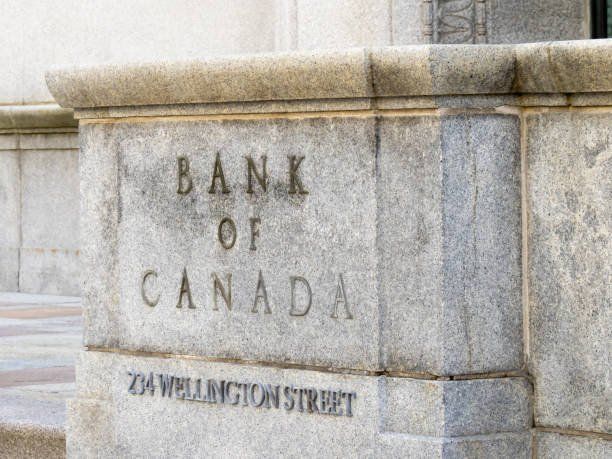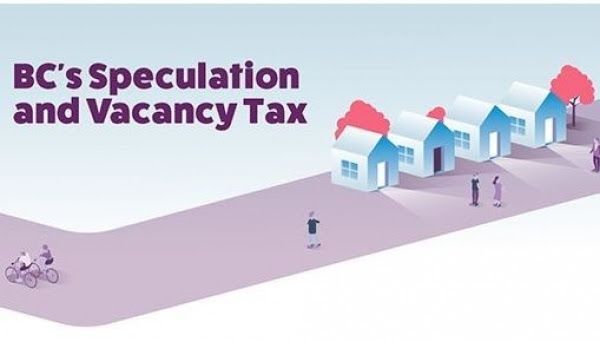Attention: The Bank of Canada Raised Your ARM Monthly Payment, Again!
Should you lock in?

If you're uncertain about your next steps after the recent Bank of Canada rate increase, it's crucial to assess your situation based on facts and consider the mathematical aspects. While remaining in your current arrangement may have its advantages, understanding the potential impact of rising rates is essential.
Predicting future developments accurately in the current economic climate is challenging. However, with a clear understanding of your budget, income, and employment status, you can make an informed decision. Additionally, note that inflation is not expected to subside soon.
Before locking in, it's crucial to understand the prepayment penalty risks associated with your current mortgage provider. Penalty calculations can vary greatly between lenders, potentially leading to significant costs. Exploring alternative lenders offering better terms may be worth considering if you meet their qualifying criteria and willing to bear the costs.
Take a closer look at today's fixed rates compared to a randomly chosen date of July 19, 2022, to gain perspective. Variable Rates have changed significantly over the past year, but Fixed rates tell a different story. Below is a chart comparing the Conventional mortgage rates for 3-year, 4-year, and 5-year fixed terms for these two time periods (using the same lender's conventional rates):
July 19, 2022:
Prime: 4.70%
3-year fixed: 5.54%
4-year fixed: 5.54%
5-year fixed: 5.34%
June 7, 2023:
Prime: 6.70%
3-year fixed: 5.64%
4-year fixed: 5.49%
5-year fixed: 5.44%
Interesting, isn't it? Despite the fluctuating nature of fixed rates, comparing these two time periods yield surprising results. (Lender rates can vary widely, so check your mortgage providers rates to see how their fixed rates stand today).
While fixed rates are influenced by multiple factors and not directly correlated to Bank of Canada announcements, understanding the impact of bond yields is crucial. Mortgage rates are influenced by the yield on government bonds and fixed-income instruments. Increases in bond yields may lead to higher mortgage rates, while decreases can result in rate declines.
If you decide to lock into a fixed rate term now, it means that you are committing to the contract rate until maturity, regardless of where fixed rate go. However, it's vital to consider potential prepayment penalties if 'life-happens' and you need to break your term contract.
If you have any questions or need assistance in making your decision, please don't hesitate to contact us. We're here to provide guidance and help you navigate your options effectively.











